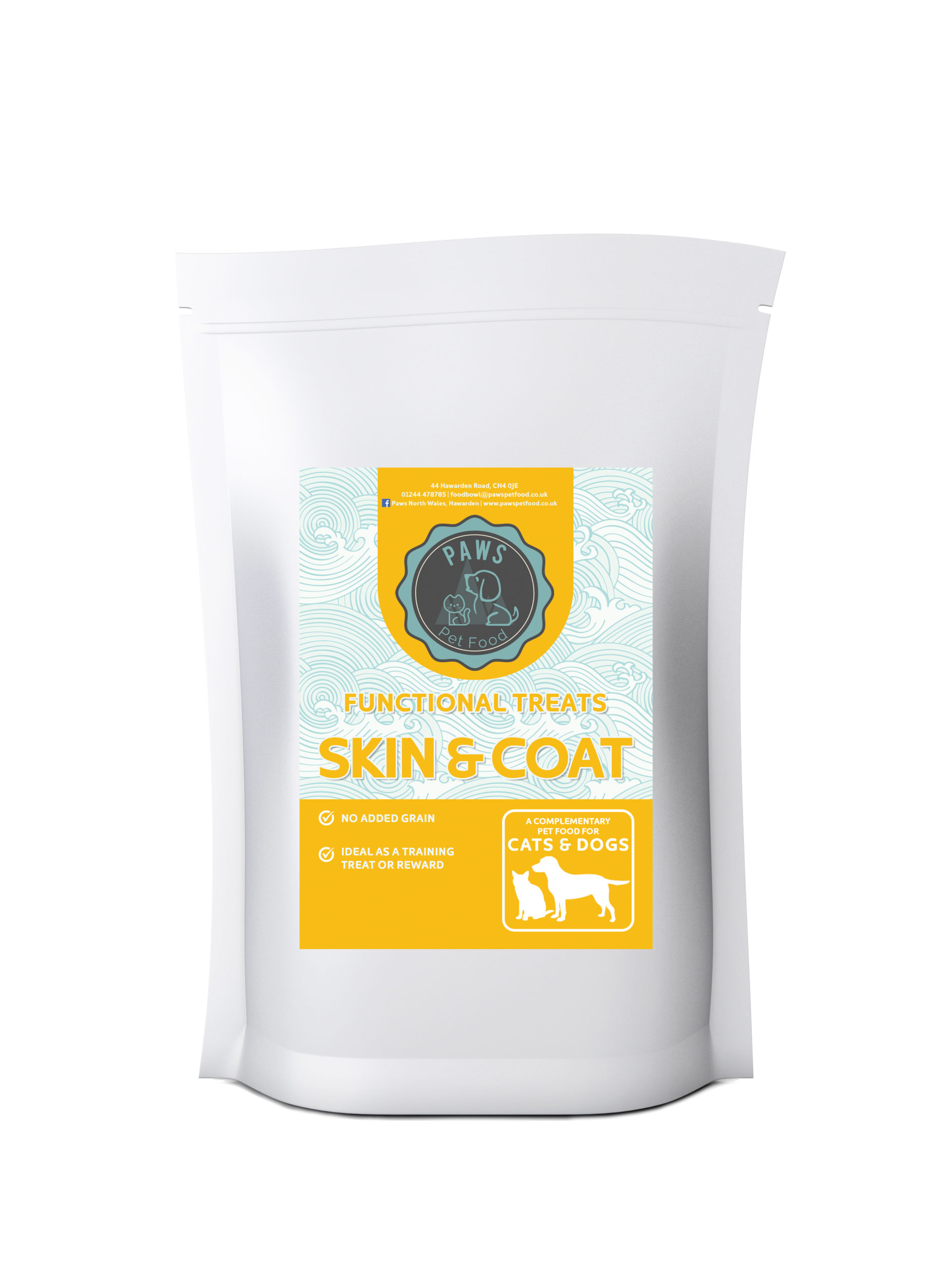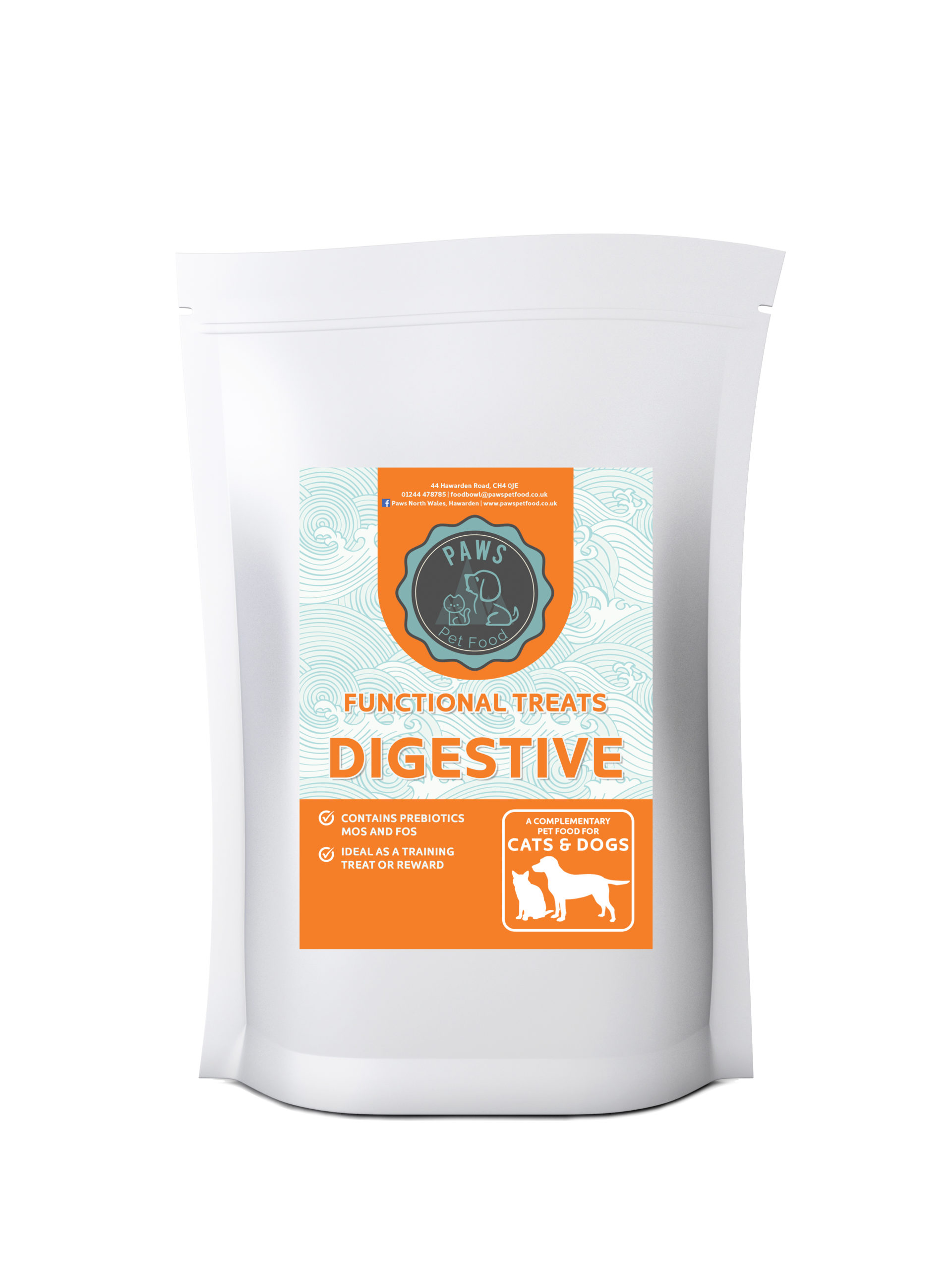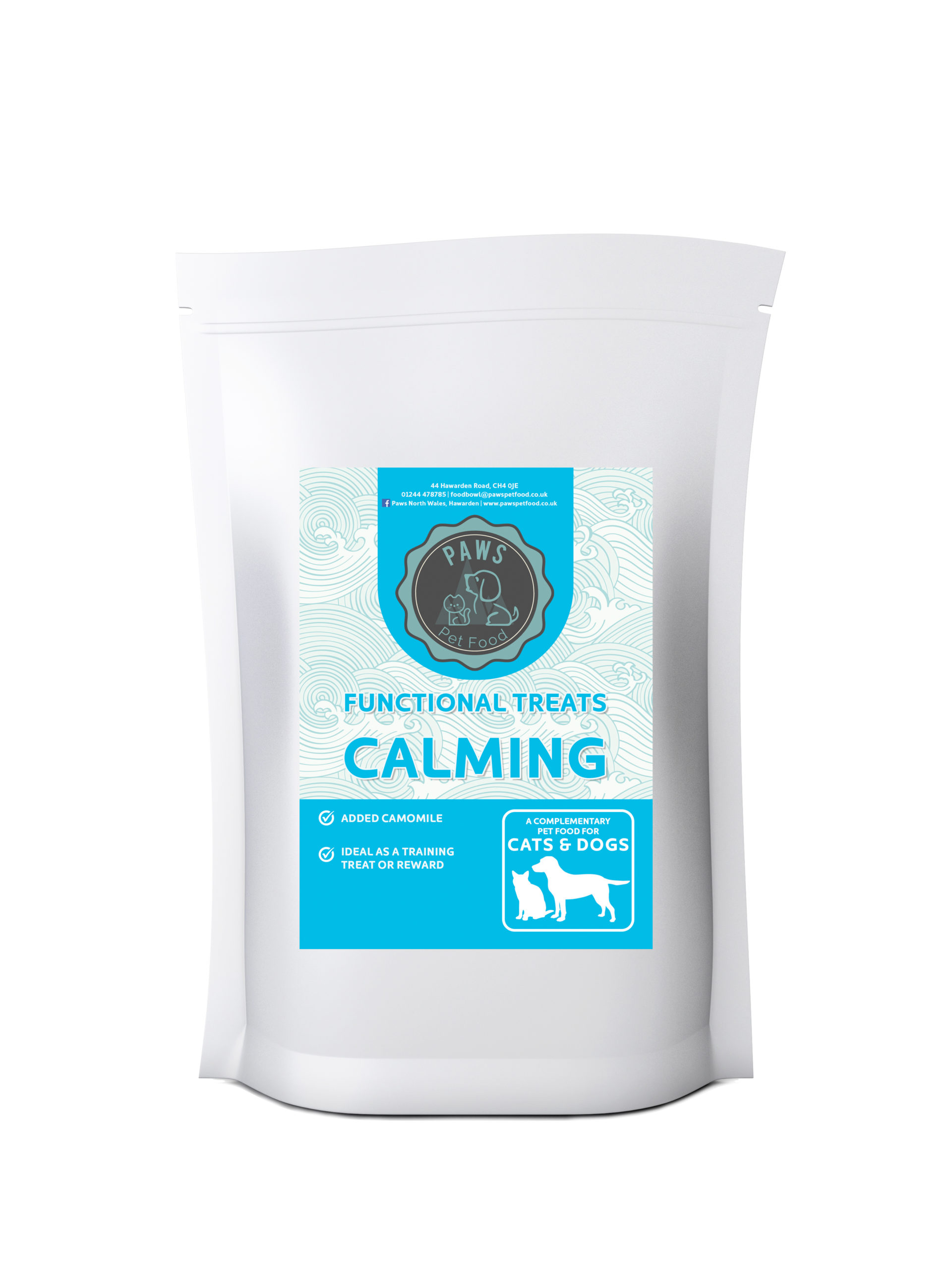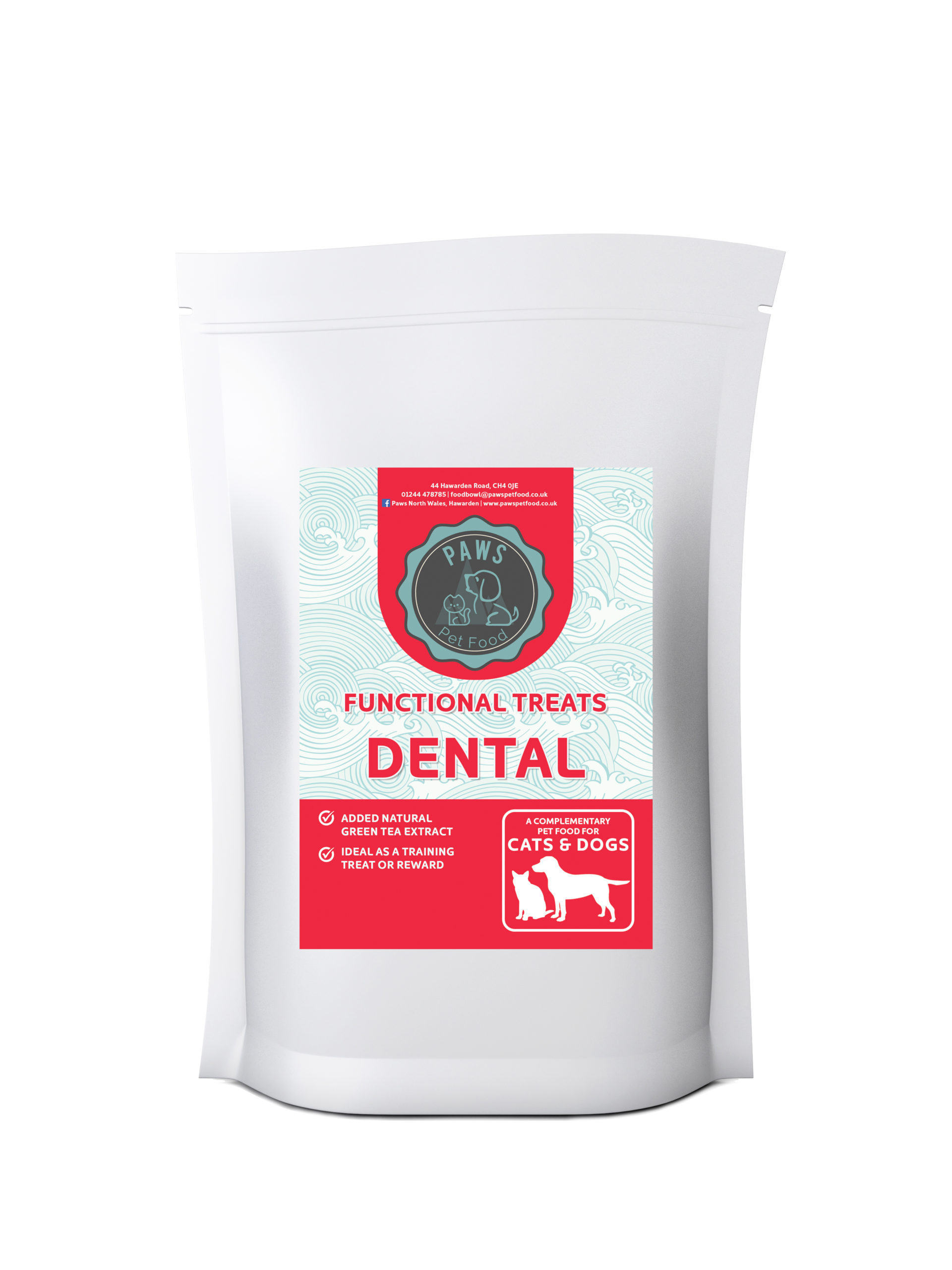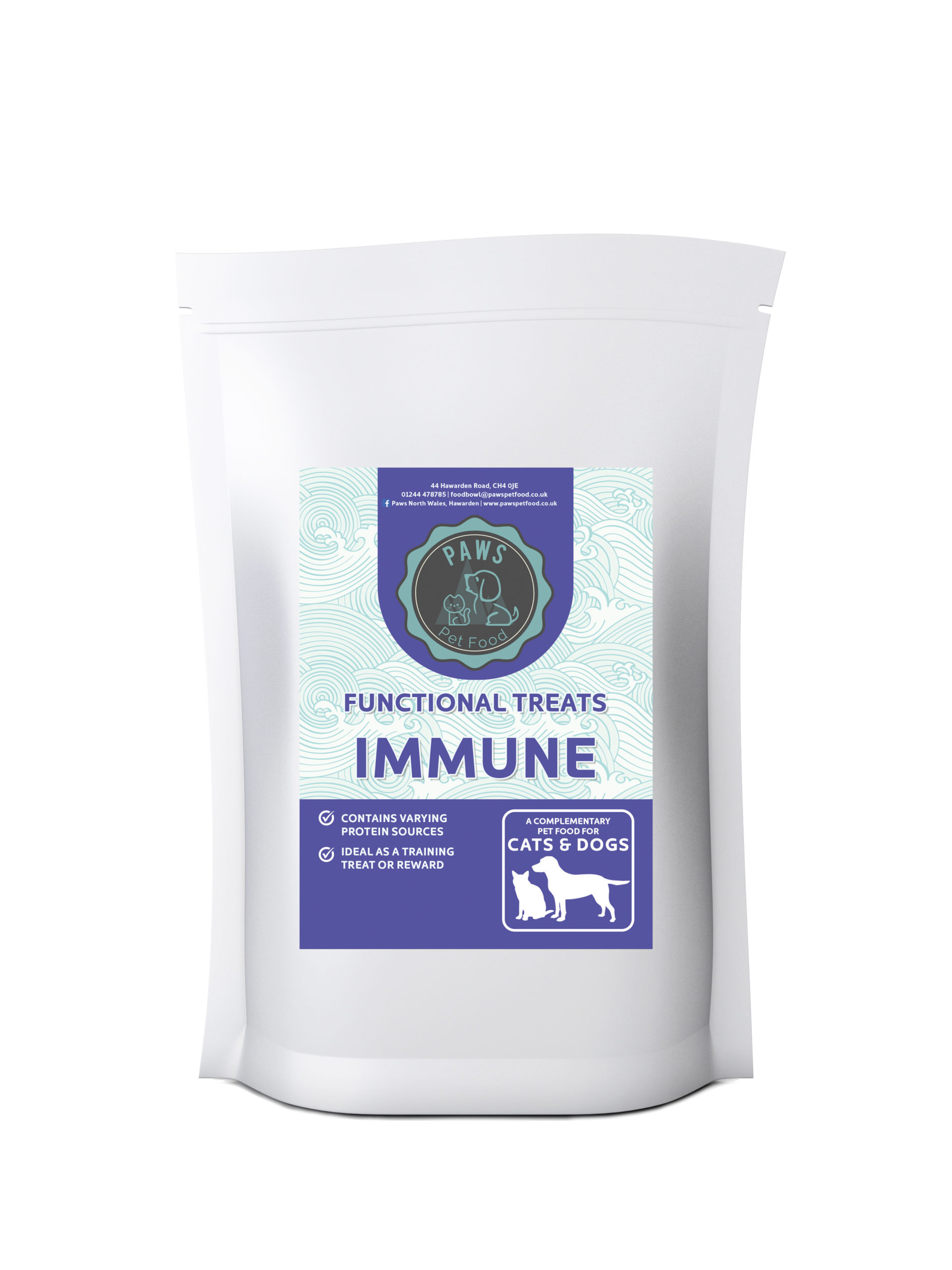Small dogs are becoming increasingly popular in the UK for a variety of reasons. Owners seek dogs that easily fit into their family life. Whilst it is also easier for them to fit into an urban lifestyle.
Small Dog Nutrition
Pet owners must be aware that the nutritional needs of a small breed dog differ from other types of dogs.
Small Breed Dog Kibble Size
Ensuring that the kibble size is correct for their mouth allows them to eat their food easier. Small breed dogs can struggle to eat large pieces of food, which makes it difficult for them to crunch into small particles to swallow.
Nutrients
Proportionately, smaller breeds require more food and higher nutrient levels in comparison to larger breeds. Not to mention, during the puppy stage, they have higher metabolic rates. This means they need a calorie surplus diet for correct growth and development.
Small breed dogs must be provided with the correct portion that is recommended on the feeding guides. For instance, small dogs can easily be overfed and lead to excessive weight gain.
Health
A positive for small breeds is that they are less likely to suffer from joints conditions later on in life than other types of dogs. In addition, according to a recent study, they are more likely to have good digestion because they have double the intestinal mass of a large breed dog to digest and absorb nutrients.
Small dogs often lead longer lives than larger dogs, with some living to the age of 16. Therefore, pet owners need to keep their dogs at a healthy weight and provide them with a balanced nutritional diet.
Here at Paws Pet Food, our Grain Free Small Breed Duck recipe has been formulated with higher levels of crude fat and metabolisable energy than your adult dog recipe. This helps to provide a higher calorie content to support the energy requirements of small breeds. The recipe has also been formulated to have a smaller kibble size to ensure they can pick up the kibble with ease.









